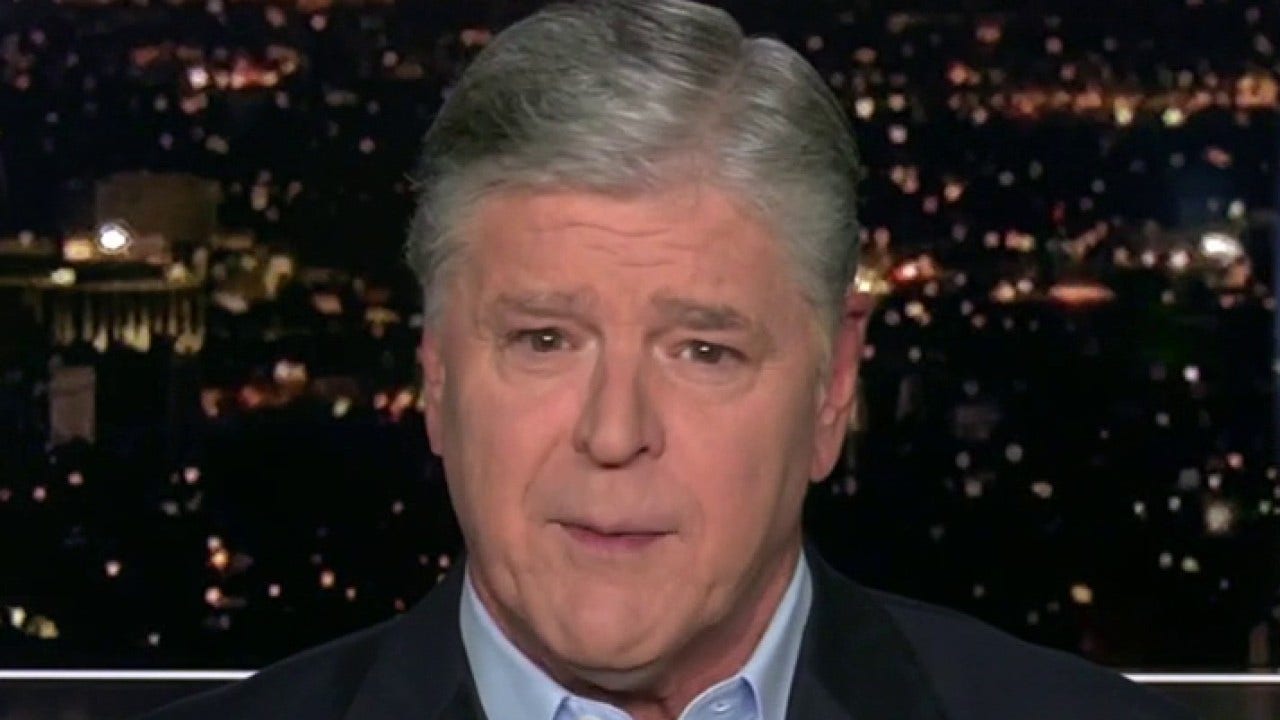 HELOC interest rates and, thus, HELOC payments, could fall again this November.
Getty Images/iStockphoto
HELOC interest rates and, thus, HELOC payments, could fall again this November.
Getty Images/iStockphoto
If you've been following the economy at all in the last few years, then you're likely aware of the ups and downs associated with the interest rate climate. In 2020 and 2021, interest rates on both borrowing products and savings accounts were essentially non-existent, thanks to the Federal Reserve slashing its federal funds rate in response to the pandemic. But as inflation soared in the years that followed, the federal funds rate rose in response in an attempt to tame inflation. And, as that came down, the Fed felt comfortable reducing interest rates again, cutting them for the first time since 2020 at their September 2024 meeting.
All of these actions inform home equity borrowing, too, particularly for those looking to secure a home equity line of credit (HELOC). HELOC interest rates are variable and subject to change on a monthly basis. While they've already fallen in 2024, new borrowers may be wondering if they'll continue to drop in November, too. Below, we'll break down what to expect.
See how low of a HELOC interest rate you'd be eligible for here.
Will HELOC interest rates fall in November?
While there's no guarantee that interest rates will fall on HELOCs in November, right now, most experts would expect a slight reduction in the month. Here's why: HELOCs have variable interest rates largely affected by the wider rate climate. They're much more influenced than home equity loans that have fixed rates that will remain the same unless refinanced.
HELOCs, however, can be more easily affected by Fed rate activity or other leading economic indicators. And with the CME FedWatch tool currently predicting a more than 96% likelihood of a Fed rate cut in November, HELOC borrowers are likely to see a cut in their rate. While that will take effect in December for current borrowers, those who haven't yet applied may want to consider acting quickly to take advantage of this presumed rate reduction.
You don't necessarily need to wait for a formal Fed action to take effect, however. Lenders watch the market closely and many will begin pricing in rate reductions in their offers before an official cut is even issued. This is why you often don't see a huge interest rate change in the days leading up to a presumed rate reduction and in the days that follow. Understanding this dynamic, then, and the very real chance of another rate reduction later this month, those who are looking to borrow some of their home equity via a HELOC may want to act promptly.
Get started with a HELOC online today.
What about home equity loans?
Home equity loan rates won't be immune from any rate reductions and are also likely to fall in November. The issue with pursuing a home equity loan now, though, is the fixed rate it comes with. If interest rates drop in December, January and the months that follow, the home equity loan rate you secured this month will still be the same (unless you pay to refinance it).
HELOC rates, however, will adjust independently. This is a major concern when rates are on an upward trend as they've been for much of the last two years but is now a significant benefit with rates declining again. So be careful to weigh both home equity borrowing options against one another to determine which is best for you both this November and over the full repayment period.
The bottom line
The good news is that HELOC interest rates will likely fall again in November but the better news is that prospective borrowers don't need to wait for that to happen. With lenders already pricing in this presumed rate cut and a variable rate nature that will be best positioned to exploit additional reductions to come, home equity borrowers looking for a way to take advantage of lower interest rates would be hard-pressed to come up with a better alternative than a HELOC. That said, lower rates shouldn't tempt homeowners to overborrow, either, as the home in question serves as collateral in these exchanges and you could risk losing it if you fail to repay all that was deducted. So it's critical to take a strategic approach, both this November and into the future.
Matt Richardson is the managing editor for the Managing Your Money section for CBSNews.com. He writes and edits content about personal finance ranging from savings to investing to insurance.

 3 settimane fa
4
3 settimane fa
4















 English (US) ·
English (US) ·